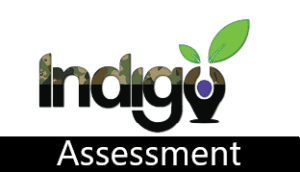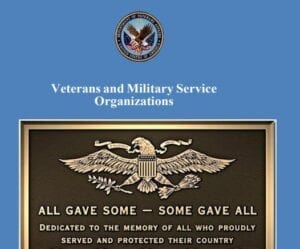Survivor’s Guilt in the Military and Veteran Community
How to recognize it and what to do about it.
Reposted with permission by the author, Meaghan Mobbs. Originally posted on PsychologyToday.
“The problem is when you live, you have to carry the dead with you everywhere.”
“Why him and not me? He had a family, I had no one waiting.”
“I should have done more. No. I could have done more. You should have seen the look on his face, he was so scared. It was my job to save him. I don’t deserve to be here.”
“You don’t get it. It’s. My. Fault.”
In the aftermath of trauma, survivor’s often find themselves questioning the reasons they were spared or doubting their actions before, during, and after the loss.
Survivor’s guilt, the burden of living after other’s have died, generates intense feelings, thoughts, and doubts about worthiness and responsibility. It’s a noxious, insidious mix of relief and appreciation for surviving and guilt and shame that others did not.
The ‘why’ becomes a low, steady thrum in the brain. Why me? Why did this happen? Why not me? Why her? Why him? Why didn’t I do more? Why? Why? Why…
In asking ‘why,’ we desperately seek answers, only to find we have more questions. Oftentimes, this can unknowingly trap survivor’s in endless, counterfactual loops of reasoning, inadvertently perpetuating feelings of worthlessness, disconnectedness, failure, and longing. This leads to a distorted, inaccurate assessment of responsibility.
Surprisingly, this inflated sense of responsibility might actually be protective. In taking on the ownership and burden of the event, we manufacture a sense of control over the situation. The guilt then protects us from feeling overwhelmingly helpless or powerless in the face of a seemingly random world.
As such, in the aftermath of trauma, the survivor’s guilt is common and normal. Taken alone, it is not a sign of unhealthy grief or PTSD. However, it should resolve over time. When it becomes so overwhelming, debilitating, obsessive, or intrusive that functioning is impaired, help is essential.
For military members and veterans, survivor’s guilt can arise from specific experiences in combat, training accidents, or experiences back home. Regardless of the source, the result is the same if the negative thoughts go unbound or unchecked. Moreover, it can be farther complicated by the nature of the military experience and martial culture.
Given the opportunity, many veterans would return to their old units and battlefields. Their survivor’s guilt can hinge on themes of longing, nostalgia, feelings they betrayed the bonds of brother or sisterhood, and desire for retribution. For some, combat was the most exhilarating time of their life and the thing that most haunts them. It’s a love-hate relationship as old as time. The conflict between the two can cause immense distress, interpersonal isolation, and shame. Living to die or dying to live is a thin line many walk on a daily basis.
So then, what can you do if you’re experiencing survivor’s guilt?
1. You are not alone. Survivor’s guilt is common. Find a support group or other space to connect with others who have experienced something similar. The sharing of feelings and finding common ground breaks isolation.
2. Challenge your own thoughts around responsibility. Mourn the loss of those lost but don’t take on the full burden of its occurrence. You alone are not answerable to all that happened or did not happen.
3. Allow yourself to grieve fully and deeply. Focusing on guilt can be an unconscious way to avoid sadness. When we avoid the truth, underlying emotion, things get worse over time. It keeps us stuck and prevents us from accepting what happened, healing, and moving forward in our lives.
4. Remind yourself that relief and appreciation for your own survival can coexist with your grief for those who died. Celebrating your own life does not diminish your grief for those who did not survive.
5. Do something meaningful for someone else or with your grief. Volunteer for TAPS and become a mentor for someone else who’s lost someone, educate others through a partnership with organizations like the Travis Manion Foundation, or get involved with your community helping those around you like those at the Mission Continues.
6. Seek help. If guilt is significantly impacting your ability to find joy in life or purpose and meaning, it’s time to get help. Look for counselors in your area that have experience in trauma. Or check out organizations like the Wounded Warrior Project, HeadStrong, Boulder Crest, or Warriors Heart.
Remember:
If you’re a Veteran in crisis or concerned about one, there is help 24 hours a day, 7 days a week. Call 1-800-273-8255 and Press 1
The Veterans Crisis Line is a free, anonymous, confidential resource that’s available to anyone, even if you’re not registered with VA or enrolled in VA health care.
What to Expect: A trained responder will answer your call. The responder will ask you a few questions, such as whether you or the Veteran or Service member you’re concerned about may be in immediate danger or at risk for suicide. You will decide what to share about yourself and what you want to talk about.
The Veterans Crisis Line is also available by text: Text 838255
Support for deaf and hard of hearing: 1-800-799-4889

 Meaghan Mobbs
Meaghan Mobbs




